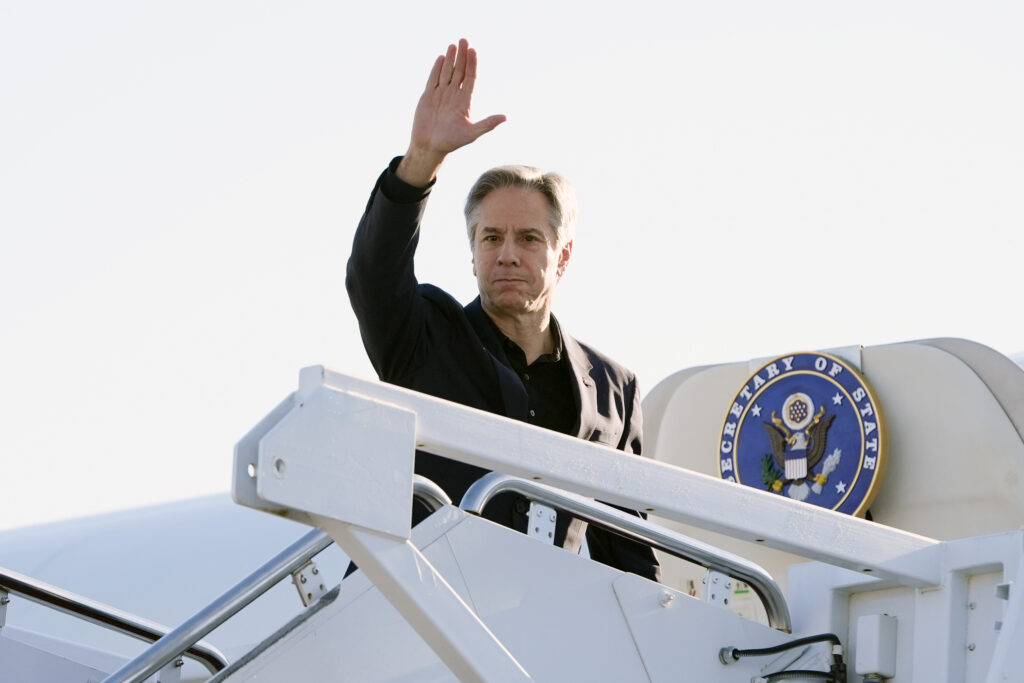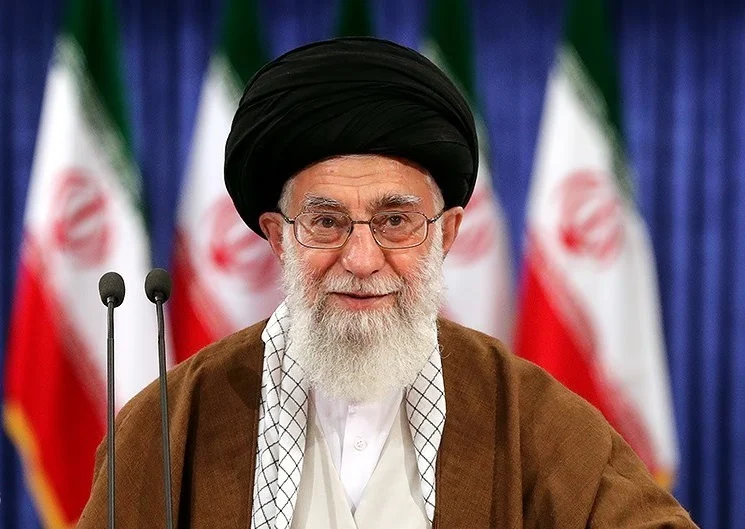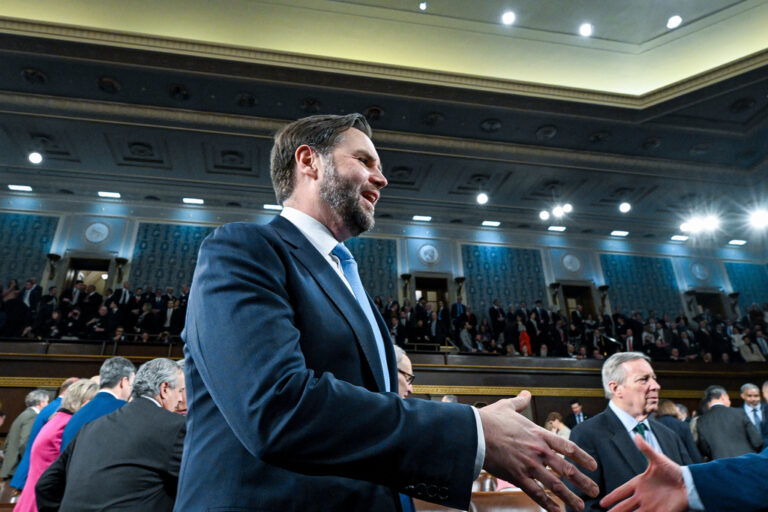U.S. Secretary of State Antony Blinken has begun a critical trip to China armed with a strengthened diplomatic hand following Senate approval of a foreign aid package that will provide billions of dollars in assistance to Ukraine, Israel and Taiwan as well as force TikTok’s China-based parent company to sell the social media platform -– all areas of contention between Washington and Beijing.
Blinken arrived in Shanghai on Wednesday just hours after the Senate vote on the long-stalled legislation and shortly before President Joe Biden is expected to sign it into law to demonstrate U.S. resolve in defending its allies and partners. Passage of the bill will add further complications to an already complex relationship that has been strained by disagreements over numerous global and regional disputes.
Still, the fact that Blinken is making the trip — shortly after a conversation between Biden and Chinese President Xi Jinping, a similar visit to China by Treasury Secretary Janet Yellen and a call between the U.S. and Chinese defense chiefs — is a sign the two sides are at least willing to discuss their differences.
Of primary interest to China, the bill sets aside $8 billion to counter Chinese threats in Taiwan and the broader Indo-Pacific and gives China’s ByteDance nine months to sell TikTok with a possible three-month extension if a sale is in progress. China has railed against U.S. assistance to Taiwan, which it regards as a renegade province, and immediately condemned the move as a dangerous provocation. It also strongly opposes efforts to force TikTok’s sale.
The bill also allots $26 billion in wartime assistance to Israel and humanitarian relief to Palestinians in Gaza, and $61 billion for Ukraine to defend itself from Russia’s invasion. The Biden administration has been disappointed in China’s response to the war in Gaza and has complained loudly that Chinese support for Russia’s military-industrial sector has allowed Moscow to subvert Western sanctions and ramp up attacks on Ukraine.
Even before Blinken landed in Shanghai — where he will have meetings on Thursday before traveling to Beijing — China’s Taiwan Affairs Office slammed the assistance to Taipei, saying it “seriously violates” U.S. commitments to China, “sends a wrong signal to the Taiwan independence separatist forces” and pushes the self-governing island republic into a “dangerous situation.”
China and the United States are the major players in the Indo-Pacific and Washington has become increasingly alarmed by Beijing’s growing aggressiveness in recent years toward Taiwan and Southeast Asian countries with which it has significant territorial and maritime disputes in the South China Sea.
The U.S. has strongly condemned Chinese military exercises threatening Taiwan, which Beijing regards as a renegade province and has vowed to reunify with the mainland by force if necessary. Successive U.S. administrations have steadily boosted military support and sales for Taiwan, much to Chinese anger.
A senior State Department official said last week that Blinken would “underscore, both in private and public, America’s abiding interest in maintaining peace and stability across the Taiwan Strait. We think that is vitally important for the region and the world.”
In the South China Sea, the U.S. and others have become increasingly concerned by provocative Chinese actions in and around disputed areas.
In particular, the U.S. has voiced objections to what it says are Chinese attempts to thwart legitimate maritime activities by others in the sea, notably the Philippines and Vietnam. That was a major topic of concern this month when Biden held a three-way summit with the prime minister of Japan and the president of the Philippines.
On Ukraine, which U.S. officials say will be a primary topic of conversation during Blinken’s visit, the Biden administration said that Chinese support has allowed Russia to largely reconstitute its defense industrial base, affecting not only the war in Ukraine but posing a threat to broader European security.
“If China purports on the one hand to want good relations with Europe and other countries, it can’t on the other hand be fueling what is the biggest threat to European security since the end of the Cold War,” Blinken said last week.
China says it has the right to trade with Russia and accuses the U.S. of fanning the flames by arming and funding Ukraine. “It is extremely hypocritical and irresponsible for the U.S. to introduce a large-scale aid bill for Ukraine while making groundless accusations against normal economic and trade exchanges between China and Russia,” Chinese Foreign Ministry spokesperson Wang Wenbin said Tuesday.
On the Middle East, U.S. officials, from Biden on down, have repeatedly appealed to China to use any leverage it may have with Iran to prevent Israel’s war against Hamas in Gaza from spiraling into a wider regional conflict.
While China appears to have been generally receptive to such calls — particularly because it depends heavily on oil imports from Iran and other Mideast nations — tensions have steadily increased since the beginning of the Gaza war in October and more recent direct strikes and counterstrikes between Israel and Iran.
Blinken has pushed for China to take a more active stance in pressing Iran not to escalate tensions in the Middle East. He has spoken to his Chinese counterpart, Wang Yi, several times urging China to tell Iran to restrain the proxy groups it has supported in the region, including Hamas, Lebanon’s Hezbollah, Yemen’s Houthis and Iranian-backed militias in Iraq and Syria.
The senior State Department official said Blinken would reiterate the U.S. interest in China using “whatever channels or influence it has to try to convey the need for restraint to all parties, including Iran.”
The U.S. and China are also at deep odds over human rights in China’s western Xinjiang region, Tibet and Hong Kong, as well as the fate of several American citizens that the State Department says have been “wrongfully detained” by Chinese authorities, and the supply of precursors to make the synthetic opioid fentanyl that is responsible for the deaths of thousands of Americans.
China has repeatedly rejected the American criticism of its rights record as improper interference in its internal affairs. Yet, Blinken will again raise these issues, according to the State Department official.
Another department official, who also spoke on condition of anonymity to preview Blinken’s private talks with Chinese officials, said China had made efforts to rein in the export of materials that traffickers use to make fentanyl but that more needs to be done.
The two sides agreed last year to set up a working group to look into ways to combat the surge of production of fentanyl precursors in China and their export abroad. U.S. officials say they believe they had made some limited progress on cracking down on the illicit industry but many producers had found ways to get around new restrictions.
“We need to see continued and sustained progress,” the official said, adding that “more regular law enforcement” against Chinese precursor producers “would send a strong signal of China’s commitment to address this issue.”
(AP)










